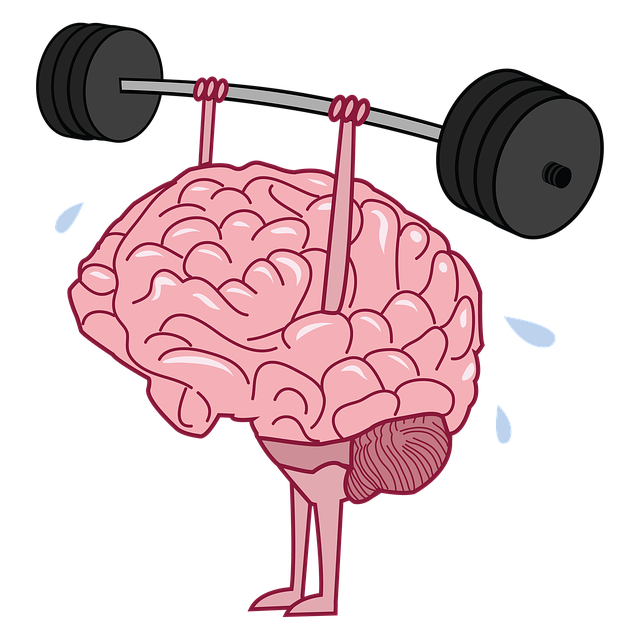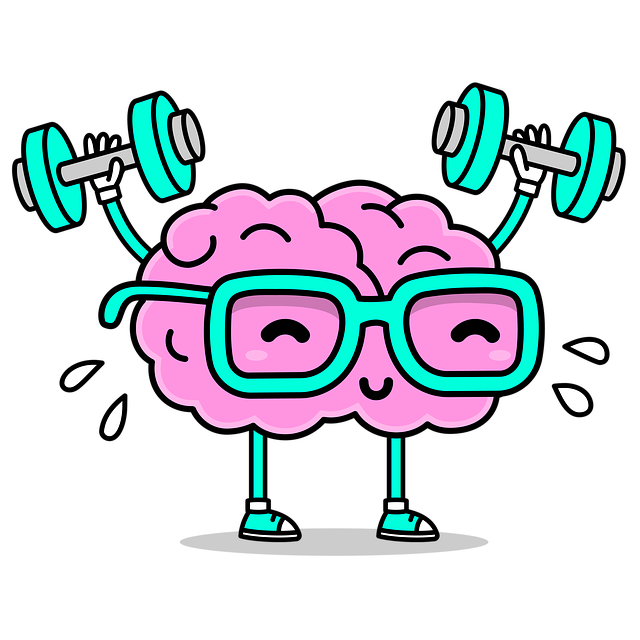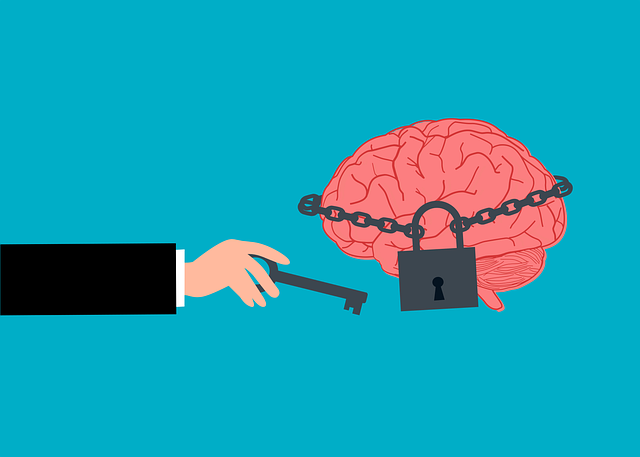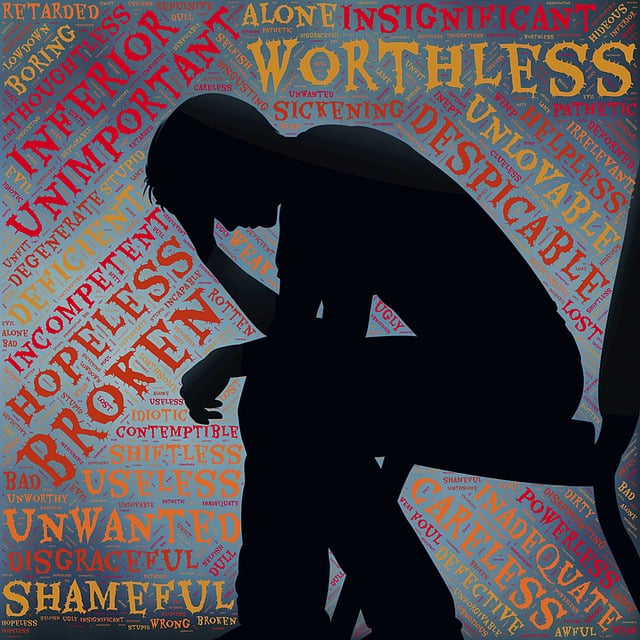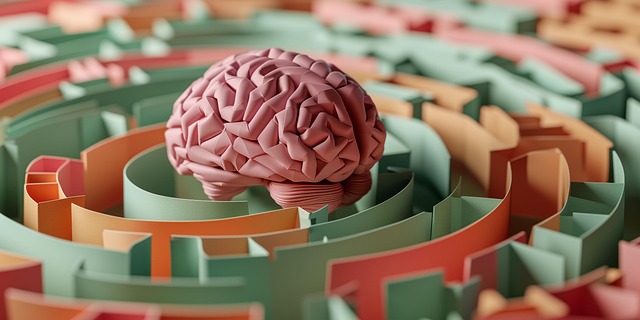Wheat Ridge Gender Identity Therapy (WRGIT) offers holistic social skills training tailored to individuals navigating mental health conditions, especially those exploring their gender identity. By combining journaling exercises, empathy-building strategies, and stress reduction techniques, WRGIT boosts communication, emotional regulation, and relationship building. These interventions empower clients to embrace authenticity, manage anxiety in social settings, and build supportive communities, ultimately enhancing self-esteem, sense of belonging, and quality of life. Engaging with local support networks facilitated by WRGIT is a powerful tool for mental health recovery and long-term wellness.
Social skills training is a powerful tool for enhancing mental health, especially for individuals navigating conditions that isolate them. This article explores the intricate link between social competence and mental well-being, highlighting the positive impact of programs like Wheat Ridge Gender Identity Therapy. We delve into evidence-based strategies to improve social interactions and foster community engagement, crucial elements for long-term recovery. By understanding these aspects, we can support those with mental health conditions in reintegrating into society and cultivating meaningful connections.
- Understanding the Connection Between Social Skills and Mental Health
- The Impact of Wheat Ridge Gender Identity Therapy on Social Competence Development
- Practical Strategies for Improving Social Interaction in Individuals with Mental Health Conditions
- Fostering Community Engagement and Support for Long-Term Recovery
Understanding the Connection Between Social Skills and Mental Health

Social skills training plays a pivotal role in supporting individuals with mental health conditions, as it addresses a critical aspect of overall wellness—social connection and interaction. Understanding the intricate link between social abilities and mental health is essential, especially when considering therapeutic approaches like those offered at Wheat Ridge Gender Identity Therapy. Many mental health disorders can impact an individual’s capacity for social engagement, leading to feelings of isolation and further exacerbating symptoms.
By integrating Mental Wellness Journaling Exercises and Empathy Building Strategies, individuals can enhance their communication, relationship-building, and emotional regulation skills. This, in turn, contributes to improved self-esteem and a stronger support network. Such interventions are crucial for fostering a sense of belonging and improving the overall quality of life. Additionally, these strategies can be powerful tools for personal growth, helping individuals navigate social environments with increased confidence and resilience, ultimately promoting their mental wellness.
The Impact of Wheat Ridge Gender Identity Therapy on Social Competence Development

The Wheat Ridge Gender Identity Therapy (WRGIT) has been instrumental in enhancing social competence development among individuals navigating their gender identity. This therapeutic approach recognizes the intricate link between mental health, identity expression, and social interactions. By providing a safe and supportive environment, WRGIT encourages clients to explore and affirm their authentic selves, fostering improved communication skills and confidence in diverse social settings.
Through tailored interventions, the therapy addresses the unique challenges faced by individuals with gender dysphoria or those questioning their identity. It offers evidence-based strategies for stress management and depression prevention, empowering participants to navigate social situations with resilience. Moreover, WRGIT facilitates risk management planning for mental health professionals, ensuring a comprehensive approach to supporting clients’ social competence growth while prioritizing their well-being in a complex world.
Practical Strategies for Improving Social Interaction in Individuals with Mental Health Conditions

Individuals with mental health conditions often face challenges in social interactions due to symptoms like anxiety, depression, or cognitive impairments. However, Wheat Ridge Gender Identity Therapy offers practical strategies to improve social skills and navigate relationships more effectively. One key approach is mental illness stigma reduction efforts, encouraging self-acceptance and fostering understanding among peers.
Engaging in stress reduction methods such as mindfulness exercises and relaxation techniques can enhance one’s ability to engage in social situations. Additionally, self-awareness exercises promote introspection and emotional regulation, helping individuals understand their triggers and manage reactions during interactions. Through these strategies, individuals can build confidence, improve communication, and cultivate supportive relationships, ultimately enhancing their overall well-being.
Fostering Community Engagement and Support for Long-Term Recovery

Engaging with one’s community can be a powerful tool for mental health recovery and maintaining long-term wellness. At Wheat Ridge Gender Identity Therapy, we understand that building a support network is essential for individuals navigating various conditions. This process involves fostering connections within the community to create a sense of belonging and purpose. Community engagement provides opportunities for social interaction, education, and shared experiences, all of which contribute to enhanced mental well-being.
For those in recovery, participating in local groups, clubs, or volunteer initiatives can offer a sense of camaraderie and support. It allows individuals to connect with others who may have similar experiences or challenges, fostering a safe space for open dialogue and understanding. Additionally, community engagement can help reduce feelings of isolation and promote personal growth through the development of inner strength and resilience. This network of support is crucial, especially when combined with effective trauma support services and risk management planning for mental health professionals, ensuring a comprehensive approach to recovery.
Social skills training, as demonstrated by research using methods like Wheat Ridge Gender Identity Therapy, plays a pivotal role in enhancing mental health outcomes. By addressing social competence development, individuals with various conditions can improve their interactions, build supportive communities, and achieve long-term recovery. Integrating practical strategies into daily life fosters an environment conducive to healing and growth, ultimately enriching the overall well-being of those navigating mental health challenges.


